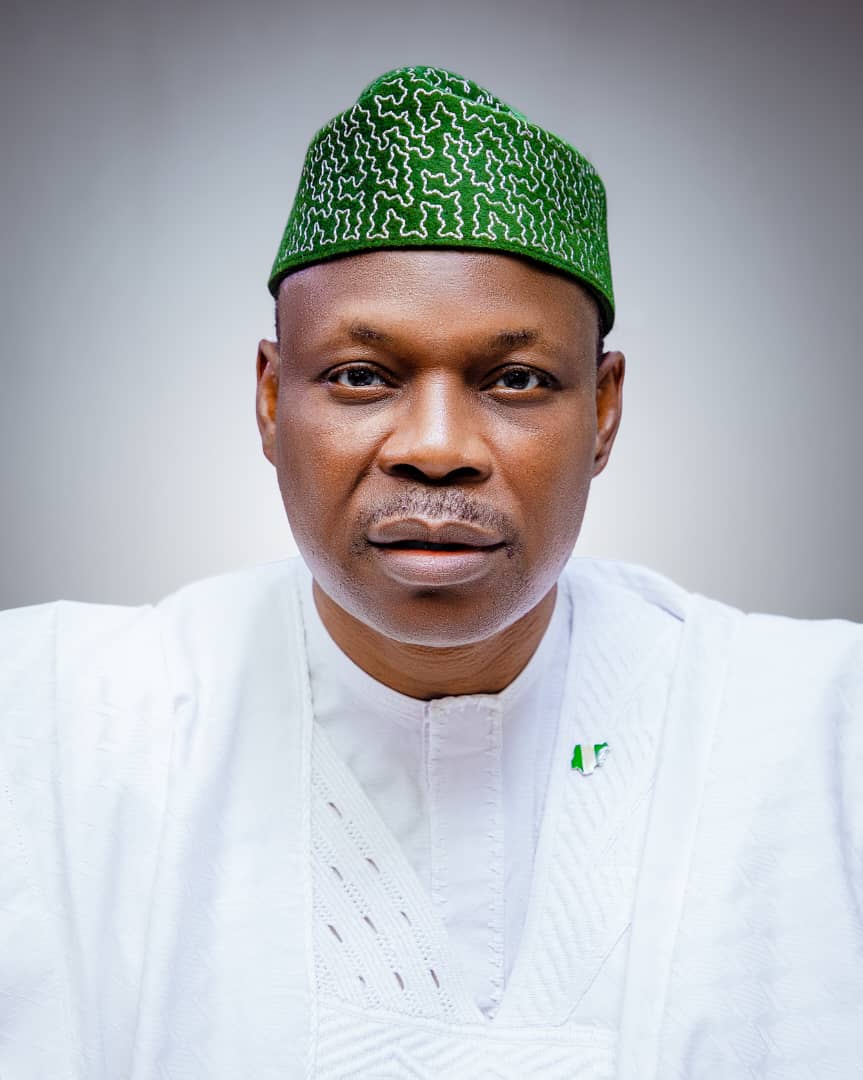We’re working to address ‘Japa syndrome’ in health sector – FG
The Minister of State for Health, Dr Iziaq Adekunle Salako, has assured that the President Bola Tinubu-led administration is dedicated to addressing the issue of ‘japa syndrome’ (the mass migration of health professionals) in Nigeria’s health sector through reforms and policy changes. The minister stated this during a working visit to the University of Benin […]

Dr Iziaq Adekunle Salako
The Minister of State for Health, Dr Iziaq Adekunle Salako, has assured that the President Bola Tinubu-led administration is dedicated to addressing the issue of ‘japa syndrome’ (the mass migration of health professionals) in Nigeria’s health sector through reforms and policy changes.
The minister stated this during a working visit to the University of Benin Teaching Hospital (UBTH) on Monday.
“The challenge of ‘Japa’ in the health sector is primarily an economic one, and we are committed to tackling it. However, economic challenges extend beyond the health sector. I believe that the trend of ‘Japa’ will eventually be reversed,” he said.
He also reassured that, given Nigeria’s economic capabilities, health workers are currently among the highest-paid public servants in the country, reflecting the government’s prioritisation and value of healthcare professionals.
- Gunmen raid Plateau community, abduct couple, child
- Rivers crisis: Supreme Court dismisses Fubara’s appeal against 27 pro-Wike lawmakers
Dr Salako acknowledged that while salary increases are important, they are not a complete solution to the problems faced by health workers.
He stressed that commitment from health professionals to serve their country is also vital.
Earlier, Prof. Darlington Obaseki, UBTH’s Chief Medical Director, appealed to the federal government to address the critical shortage of skilled healthcare professionals in the sector.
He highlighted that the hospital, with just 250 consultants, 300 resident doctors, and 750 nurses, is severely understaffed for the over 500 patients that visit daily.
